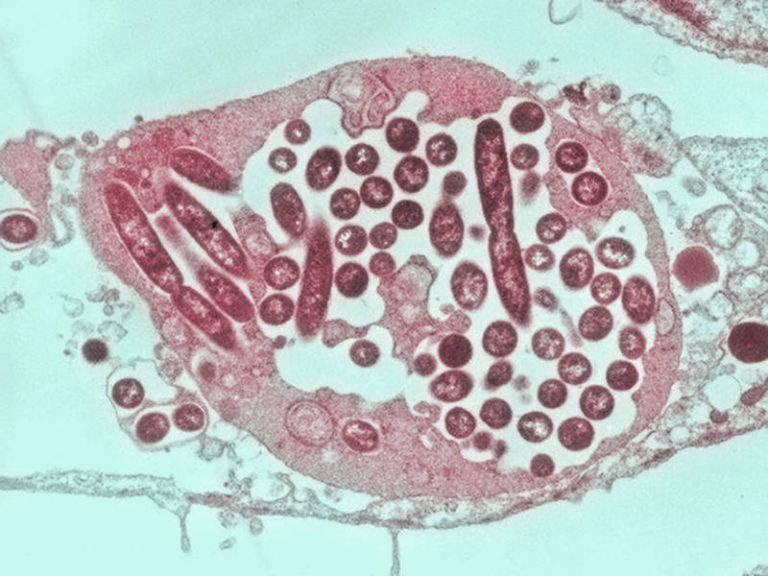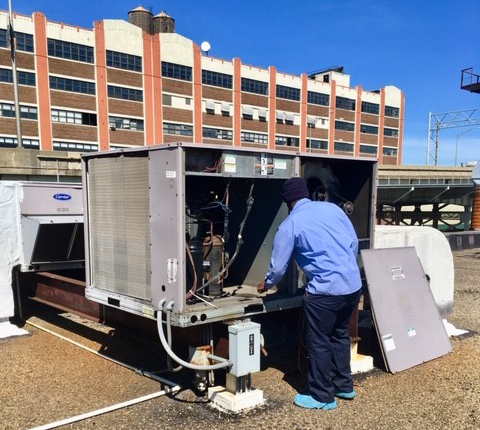City health officials confirmed additional cases in the Washington Heights Legionnaires’ Disease outbreak.

Minimum usage fee is £35
Mandatory Credit: Photo by Cultura/REX/Shutterstock (3540711a)
Legionella pneumophila bacteria
VARIOUS
WASHINGTON HEIGHTS, NY — More cases of Legionnaires’ Disease have been reported in a fatal outbreak in upper Manhattan, according to reports.
The Legionnaires’ cluster has sickened 23 people, killing one, in an area vaguely defined as “lower Washington Heights,” city health officials said. Most of the people who have fallen ill, including the one fatal case, are older than 50 years old, officials said.
The Legionnaires’ outbreak has spurred calls from local politicians for greater transparency and more severe punishments when buildings fail cooling tower inspections. The current fine for a first-time violation is $2,000 and the fines for subsequent violations can not exceed $5,000 the councilman said. For failed inspections of towers that lead to a deadly outbreak of Legionnaires’ Disease the fine is no more than $10,000.
The city Health Department first notified the public about the outbreak on July 11 and said that eight people had contracted the disease. Officials have tested 20 cooling towers of buildings in the area of the outbreak and are saying that neighborhood residents can continue to use water as usual despite the rise in the number of people sickened by the outbreak.
The Health Department is warning people to be vigilant should they experience flu-like symptoms. The department listed the area of the outbreak as “lower Washington Heights,” but did not provide details as to what that area entails. A Health Department spokeswoman told Patch that the department does not disclose the specific locations of outbreaks.
Legionnaires’ symptoms include fever, cough, chills, muscle aches, headache, fatigue, loss of appetite, confusion and diarrhea and generally surface two to 10 days after contact with the bacteria Legionella. Common culprits in the spread of the Legionella bacteria include cooling towers, whirlpool spas, hot tubs, humidifiers, hot water tanks, and evaporative condensers of large air-conditioning systems, the Department of Health said. The city sees an average of 200 to 500 cases of Legionnaires’ Disease each year, health officials said.
The disease cannot be spread from one person to another, the Department of Health said in a statement.


